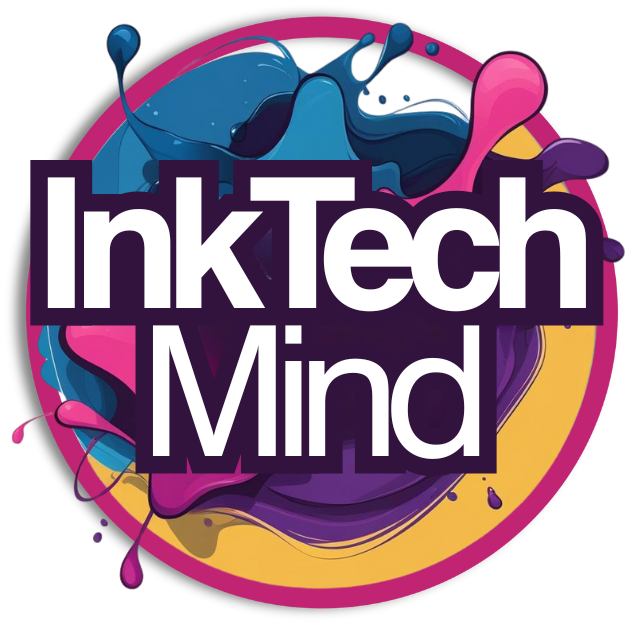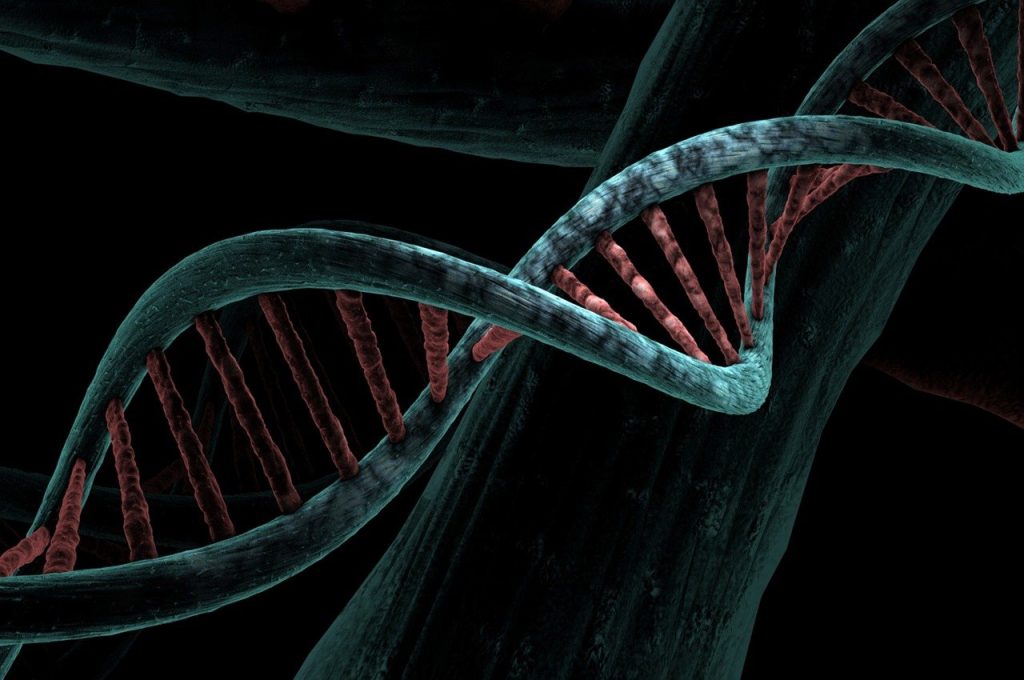Genes, meet spotlight. Drama ensues.
Last week, the FDA gave the green light to 23andMe’s updated genetic health reports after months in regulatory timeout. The company had paused some health features. Now, certain carrier status and risk reports are back on shelves, with tighter guardrails. The FDA says: fine, but keep it accurate, don’t oversell, and show the math. Consumer DNA is, once again, open for business—just with a seatbelt.
At the same time, a major insurer-backed study landed, tracking how people actually use these at-home results. Big headline: folks who learn they carry a higher genetic risk don’t panic-buy surgeries. They book doctor visits, tweak meds, and follow up on screenings. No stampedes. No apocalypse. Just a nudge toward smarter care. Think of it like finding spinach in your teeth before a job interview—slightly embarrassing, wildly useful.
Here’s the kicker: the data says precision works best when DNA is a chapter, not the whole book. Polygenic risk scores helped identify people who’d otherwise look “average” on paper but weren’t. Some caught early signs of heart disease. Others flagged cancer risks they never knew ran in the family. But the reports didn’t turn anyone into a Marvel origin story. They’re clues, not scripts.
Privacy didn’t sit this one out. Lawmakers in two states pushed fresh bills to limit how genetic data can be shared or sold without explicit consent. Translation: you own your blueprint, not the company with the swab. Meanwhile, researchers launched a project to expand databases beyond overwhelmingly European ancestry. Because “personalized” medicine isn’t very personal if it ignores most of the planet.
If you’re thinking about testing, imagine it like opening a kitchen drawer. You’ll find useful tools, a couple of mystery keys, and one weird battery. The FDA’s latest stance means the tools should be labeled and sharp. The mystery keys? That’s where a doctor, or a genetic counselor, helps. And the battery is that one rare variant you’ll Google at 2 a.m. Don’t. Ask a pro in daylight.
A few ground rules that don’t kill the vibe:
– Treat results as a conversation starter, not a diagnosis.
– Cross-check health claims with your clinician. Not TikTok.
– Opt out of data sharing if you’re not comfy. You can always opt in later.
– If a report mentions something serious, ask about confirmatory testing. Lab-grade, not living-room.
The story this week isn’t that DNA tests are magic. It’s that they’re growing up. Regulators are nudging them to be clearer. Insurers are learning they steer care without chaos. Scientists want them to include everyone, not just the usual suspects. The hype is shrinking. The help is getting sharper.
In other words: your genes don’t predict your destiny. They just whisper hints. Learn to listen—and bring a second opinion to the coffee table.

